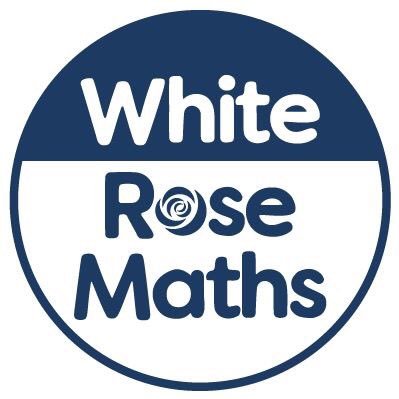Maths
 Intent
Intent
At St Thomas C of E Academy, we aim to provide pupils with the tools to fully understand Maths. These tools include fluency, reasoning, problem-solving with the ability to think in abstract ways. Mathematics is integral to all aspects of life; with this in mind, St Thomas strives to ensure our children develop an inquisitive and enthusiastic attitude towards mathematics that will stay with them and support them in the next stage of their education and beyond. At each stage of learning, children are actively supported and encouraged to reach their full potential as mathematicians, regardless of ability.
The National Curriculum for mathematics aims to ensure that all pupils:
- Become fluent in the fundamentals of mathematics, including through varied and frequent practice with increasingly complex problems over time, so that pupils develop conceptual understanding and the ability to recall and apply knowledge rapidly and accurately.
- Reason mathematically by following a line of enquiry, conjecturing relationships and generalisations, and developing an argument, justification or proof using mathematical language.
- Can solve problems by applying their mathematics to a variety of routine and non-routine problems with increasing sophistication, including breaking down problems into a series of simpler steps and persevering in seeking solutions.
Implementation
The Maths Curriculum follows the White Rose Scheme of learning, which ensures that children deepen their mathematical knowledge and build upon prior learning over time. It, through following the national curriculum, provides children with the essential foundations to understanding key concepts such as number and place value, which are critical in developing reasoning and problem-solving skills that are necessary for children to apply mathematical concepts.
With the implementation of White Rose Maths, all staff follow a revised termly overview plan for the year, which include number, measurement, geometry, statistics, ratio/proportion (Yr6) and algebra (Yr6). Using a prescribed scheme of learning, staff are encouraged to design detailed lessons using a teaching sequence implemented in science, history and geography.
Our lessons will include the following practices:
- Connect: consolidation of previous learning- prerequisites visited to ensure prior knowledge is embedded.
- Vocabulary: Explicit teaching of mathematical. Sentence stems are shared and practised with pupils to allow mathematical explanations when working systematically.
- Live Modelling of the new learning (I Do)
- Guided Practice of the new learning (We Do): Check for understanding.
- Independent Application of new learning (You Do)
- Challenge: opportunities for greater depth learners to develop conceptual understanding.
Key Instant Recall Facts-KIRFs
St Thomas are committed to building on prior learning and enabling our children to demonstrate a deep, conceptual understanding of each topic that they then develop over time. Through the explicit teaching of Key Instant Recall Facts (KIRFs) in addition to the numeracy hour, pupils develop and improve fluency. Using a comprehensive and progressive overview that details fluency prerequisites required, teachers can then explicitly teach these prerequisites that are needed in the application of reasoning and problem-solving. This ensures a consistent and progressive approach and prepares our children for the next stage of the curriculum. Additional time is allocated to arithmetic to ensure key skills in calculation are retained. The teaching of multiplication facts continues to be a discrete focus, where the applications of these skills are essential for accessing other areas of mathematics. To make the learning relevant, cross-curricular links are made wherever possible (science, geography, computing, history) and children are encouraged to apply skills from all areas to complete real-life challenges and give learning a sense of purpose.
Impact
Progression and attainment within mathematics is measured in a variety of different ways. Developing children’s arithmetic skills is an essential part of the programme at St Thomas.
Our programme ensures that children have fluency in numbers, an essential first stage in developing a conceptual understanding of Maths. It has a clear progression through blocks of teaching units across group each year, following the sense of a number visual calculation policy. Based upon the NFER arithmetic tests from the summer term, gaps in learning will be identified and teaching to close these will be shown in the medium term planning. Teachers will revisit prior learning in ‘recap’ starters to continually reinforce concepts.
Maths is taught in this way so that children are able to know and remember more, consolidating and building upon prior learning. This ensures that key skills and knowledge are transferred to the long term memory. As a result, when children complete end of unit/half-term/ term assessments, they are able to apply their knowledge with greater confidence and accuracy. Therefore, the overall results are increasing across the school.

